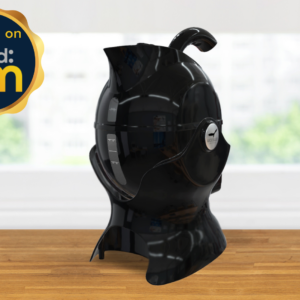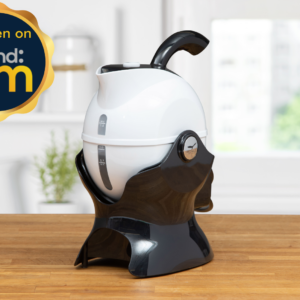In Ireland, up to 180,000 people are currently living with Fibromyalgia!
Fibromyalgia is a condition that causes tenderness and pain all over your body. It is a collection of symptoms that can occur together. The most common symptoms are:
- Widespread pain throughout the body
- Sleeping issues
- Fatigue
- Finding it hard to concentrate. Known as ”fibro fog” or ”brain fog”
In honor of world fibromyalgia day, we wanted to share 7 of our top tips that will help you deal with chronic pain and fibromyalgia.
Physical Therapy
In physical therapy, the aim is to help you improve your range of motion and strengthen your muscles. Doing so can help you reduce Fibromyalgia pain. Letting your physical therapist know about your condition will allow them to tailor their treatment to manage specific symptoms.
Acupuncture
While it sounds interesting, acupuncture may not be for everyone. However, a study in the journal of rehabilitative medicine found that those with Fibromyalgia who received acupuncture benefited from pain relief.
In short, acupuncture involves pricking the skin with needles to help:
- Promote natural self-healing
- Encourage a change in blood flow
- Treat a wide variety of health conditions like chronic pain
Exercise
Getting enough low-intensity exercise into your daily or weekly routine will really help. It is one of the best treatment options for pain and fibromyalgia. This can include walking and warm-water exercise.
Low-intensity exercise will help you reduce the level of pain, stiffness and stress. It will also help you gain and feel more in control of your pain. Not to mention, the positive knock on effect it may have on your sleep.
Occupational Therapy
Occupational therapy will help you manage everyday life without adding to the pain or tiring yourself out. An OT or Occupational Therapist is there to help you overcome any barriers you may face that prevent you from carrying out day-to-day tasks or activities, such as making a cup of tea.
Their treating will involve helping you to:
- Maintain or regain functional independence
- Safety at home and work
- Pain management
- Social interaction
It may even involve the recommendation of daily living aids such as our Uccello Kettle, Muggi or Grip Mat.
Yoga
There are studies to suggest that yoga can help with chronic pain and fibromyalgia. Those who participated experienced improved mood, less pain and fatigue. Of course, it’s important to let your yoga instructor know or to search for the correct yoga videos online that will actually help with the condition.
The right classes or online videos should include:
- Gentle poses
- Meditation
- Breathing Exercises
De-stressing & Decaf
I am a big fan of both tea and coffee. But caffeine can actually worsen stress levels both physically and psychologically. Caffeine stimulates your heart and central nervous system.
While stress and a poor nights sleep can trigger fibromyalgia. Why not de-stress with decaf. You can still enjoy the flavour and not have to worry about any of the repercussions.
A Good Nights Sleep
Research is showing that a bad nights sleep may be a cause and not a symptom of fibromyalgia. This is why is it important to ensure that you set the right vibe/mood for where you sleep.
Top tips from me would be to:
- Sleep in a dark cool room
- Keep the room quiet
- Ban any distracting devices such as screens and potentially books
- In order to wind down, why not have a long soak and a soothing cup of chamomile tea before bed?














Leave a Comment